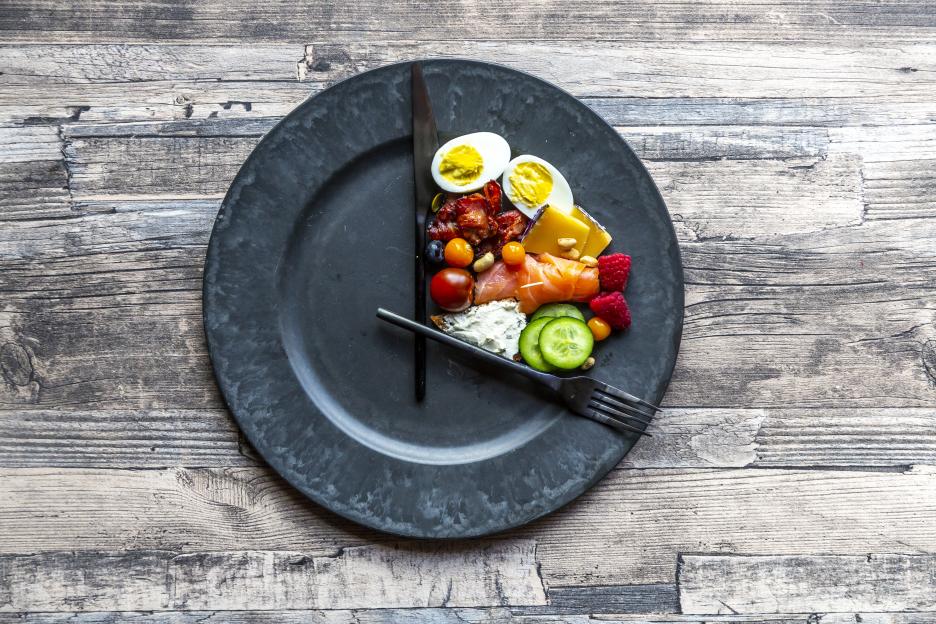HAVING trouble sleeping during this unseasonably warm May?
Scientists have shared six things you can do to help you drift off easier â and revealed the “ enemies”;; cutting into your snooze time as temperatures climb.
 Does sleep feel impossible in hot weather? Ditching the AC might help
Does sleep feel impossible in hot weather? Ditching the AC might helpA 2022 study published in the journal One Earth, found that people lost an average of 44 hours of sleep a year during the first two decades of the 21st century compared to earlier periods, linking the data to rising temperatures.
Kelton Minor, from the University of Copenhagen, warned that temperatures rising across the globe could lead to an annual loss of 50 to 58 hours of sleep per person by 2099.
This was based on data gathered from more than 47,000 individuals in 68 countries.
“In hot sleeping environments, heat production can exceed heat loss beyond tolerable levels, increasing core body temperature and disturbing the natural sleep-wake cycle with increased wakefulness,”;; a 2024 published to the journal Sleep Medicine Reviews explained.
“The largest of the effect of ambient temperature on sleep thus far found that increased nighttime ambient temperature shortens sleep duration, primarily through delayed sleep onset, with stronger negative effects during months,”;; researchers added.
Armelle Rancillac, a neuroscientist at the Centre for Interdisciplinary Research in Biology warned that chronic lack of sleep is known to disrupt the body’s recovery.
In the short term, this can lead to drowsiness, fatigue and a higher risk of accidents at the workplace or on the road, she told AFP.
In the long run, it can create a harmful sleep “debt”;;.
Not only can this impact our metabolism, it can increase the risk of weight gain, , cardiovascular diseases and even neurodegenerative diseases like , Dr Rancillac said.
A sleep deficit can reduce our durability in the face of stress and may have a negative impact on mental health.
To sleep better in warmer environments, Dr Rancillac said we need to “eliminate or at least pay attention to sleep enemies”;;.
1. Take a cool shower
If you’re sweating bullets before climbing into bed, a cold shower might seem like just the ticket to cool off.
But scientists warned you shouldn’t be turning the tap all the way to freezing.
Dr Rancillac recommended taking a cool shower to help drift off more easily.
 Taking a nap during the warmest hours of the day can help you catch up on lost sleep
Taking a nap during the warmest hours of the day can help you catch up on lost sleep2. Switch off the AC
Neurons regulating temperature and sleep in the brain connected and lowering the body’s internal thermostat is key to improving the quality of your snooze, according to Fabien Sauvet, a researcher at Cite University.
He said adapting to heat comes at a cost to the body.
“We sweat more and faster, for example, but it requires additional hydration,”;; he explained.
“And it has limits, so during heatwaves, the most important thing is to adapt our behaviour,”;; such as activities, schedules and clothing, the researcher said.
When trying to lower your body temperature before sleep, your first instinct might be to turn on your aircon or a fan.
But, according to Dr Sauvet, people can “tolerate higher temperatures than commonly thought”;;.
He pointed to to several studies showing that good sleep quality can be achieved with a room temperature of up to 28 degrees Celsius.
He challenged “the false belief that the bedroom must be at 18-20C”;;.
Instead, the scientist advised opting for light PJs instead â think a t-shirt and shorts.
Cover yourself with a sheet as well as a duvet and make sure your room is well ventilated.
“If we always sleep with air conditioning, we will never acclimatise,”;; Dr Sauvet said.
3. Limit coffee
You should also pay attention to what you’re drinking.
might not be your best friend, even if it does perk you up after a sleepless night.
Your favourite brew is a stimulant, so you might want to reduce your consumption if you’re having trouble sleeping.
4. Avoid booze
While a grabbing a pint after work is a good way to enjoy the balmy evenings, it could also be messing with your snooze.
It’s a good idea to limit , as well as coffee.
A drink might help you fall asleep, but it can slightly raise your body temperature â so you might be tossing and turning during the night.
5. No hot tubs
If you want to wind down after a workout, don’t jump in a hot tub, Dr Sauvet said.
Instead, opt for a stroll outdoors or take a cool bath, he advised.
6. Nap away
If you just haven’t been able to sleep through the night, grabbing a cat nap can help combat the effects of sleeplessness.
Napping during the hottest hours of the day has been proven to mitigate the impacts of a sleep deficit, according to Dr Sauvet.
But make sure they’re no longer than “30 to 40 minutes, and before 2:00 pm”;; so they don’t interfere with your sleep at night.







